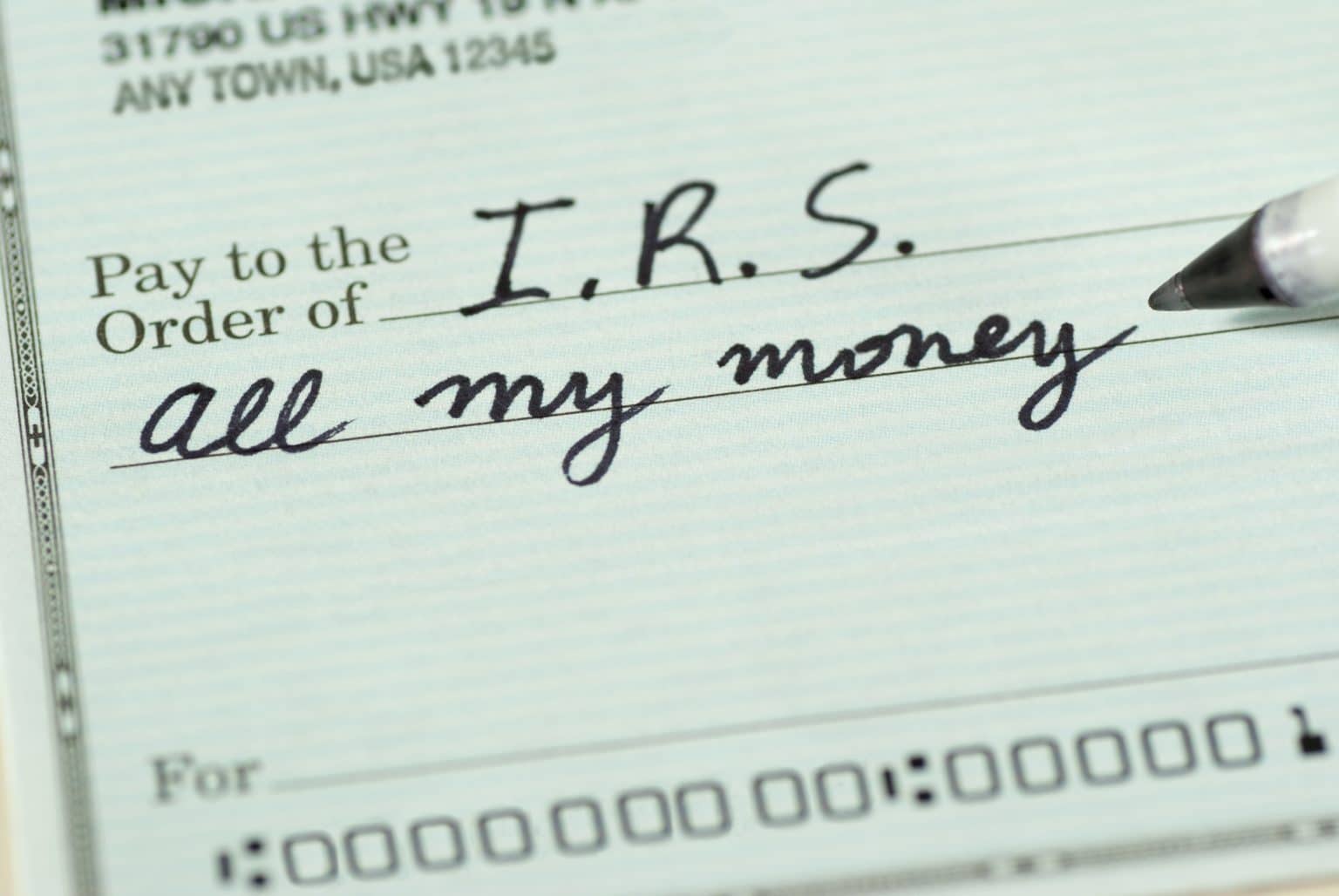Kraken will provide user data to the IRS after a legal battle over crypto tax reporting. Image by Michael O’Keene, Adobe Stock.Major U.S. cryptocurrency exchange Kraken will provide limited user information to the Internal Revenue Service (IRS) next month following a court order received in June. The data concerns specific Kraken users who conducted transactions over $20,000 between 2016 and 2020.
IRS Gains Limited Access to Kraken User Data
The legal battle between Kraken and the IRS began in May 2021 when a federal court authorized the tax agency to serve a John Doe summons on Kraken. The goal was to identify potential tax evaders among the exchange’s users. Kraken initially pushed back on the broad request.
After multiple rounds in court, Kraken successfully convinced the court to substantially reduce the scope of information it must produce, as well as the number of affected users.
According to the June court order, Kraken must provide names, birthdates, taxpayer IDs, addresses, phone numbers, email addresses, and transaction histories for users with over $20,000 in transactions in any single year from 2016 to 2020.
The original IRS request covered more extensive user data including IP addresses, employment information, sources of wealth, net worth, and banking details. The court denied the IRS access to this information.
The number of affected Kraken users was lowered to 42,017, down from the original 59,331 the IRS sought information on. Kraken notified impacted users via email this week that it expects to share the covered data with the IRS in early November.
This development represents the latest example of tensions between crypto exchanges and government tax authorities. In 2018, Coinbase shared details on approximately 13,000 users with the IRS after receiving a similar summons.
IRS Targets Crypto Exchanges to Uncover Potential Tax Evaders
The IRS has also targeted other major crypto firms such as Circle and Poloniex with John Doe summons to uncover potential tax evaders among their user bases.
Some industry experts argue these summons undermine user privacy and overreach into sensitive personal finance data. Others contend the tax agency is within its rights to request transaction information relevant to enforcing tax compliance.

